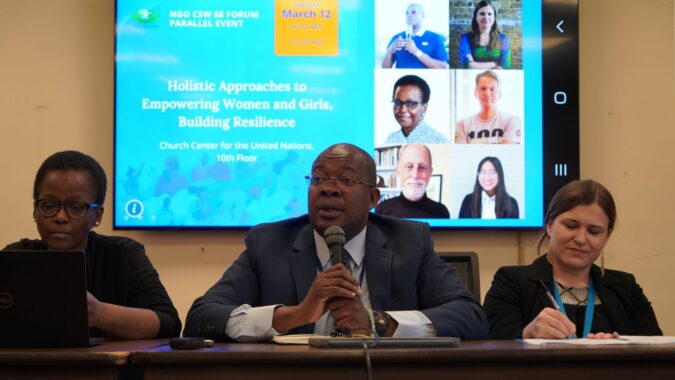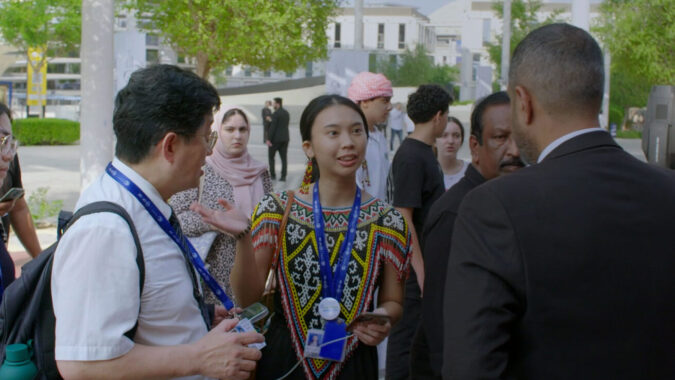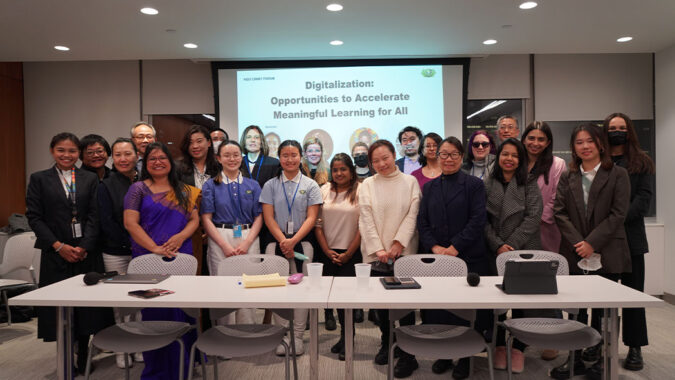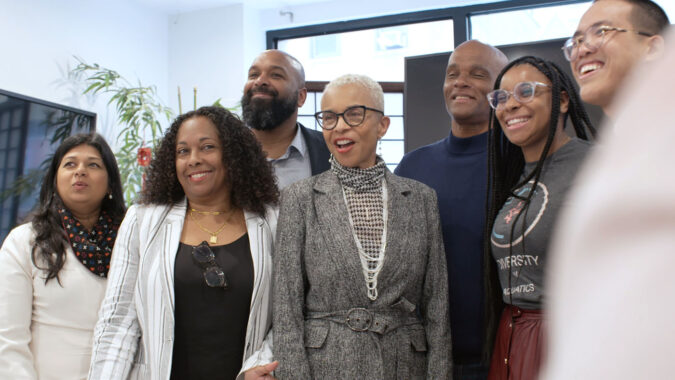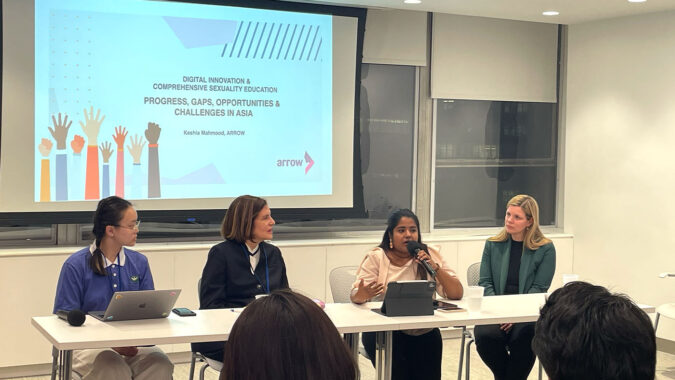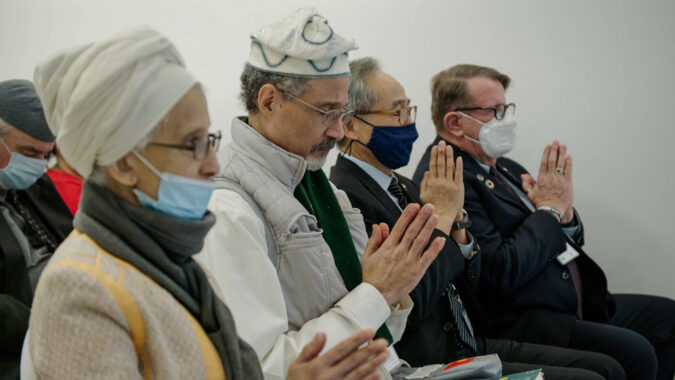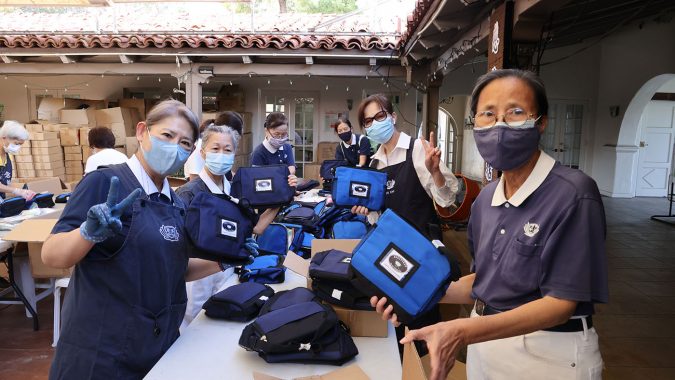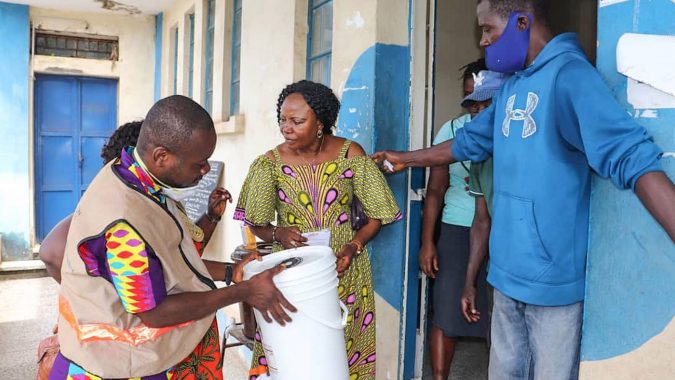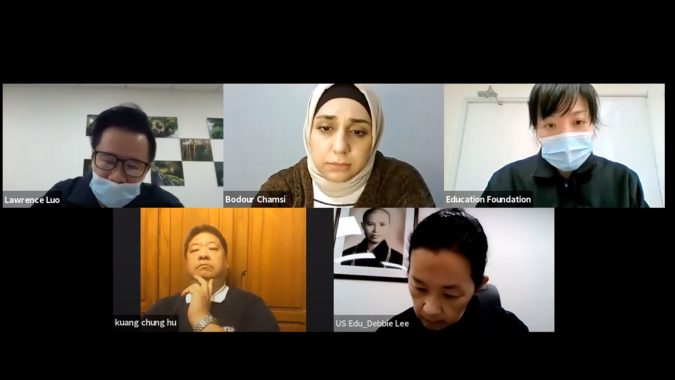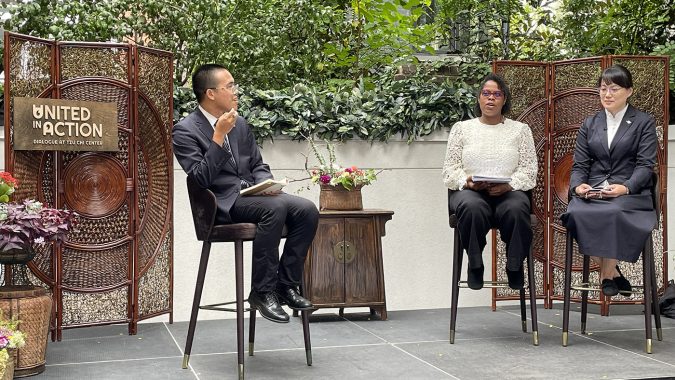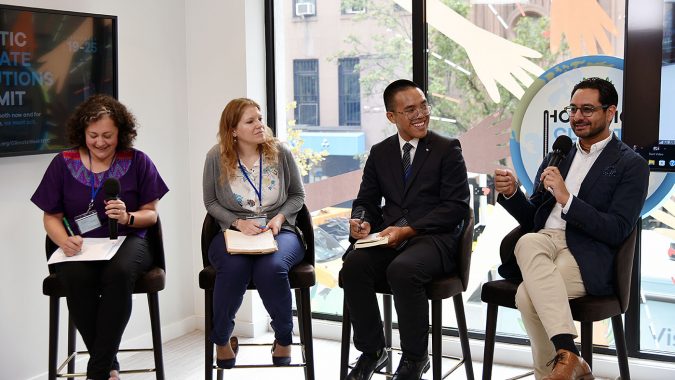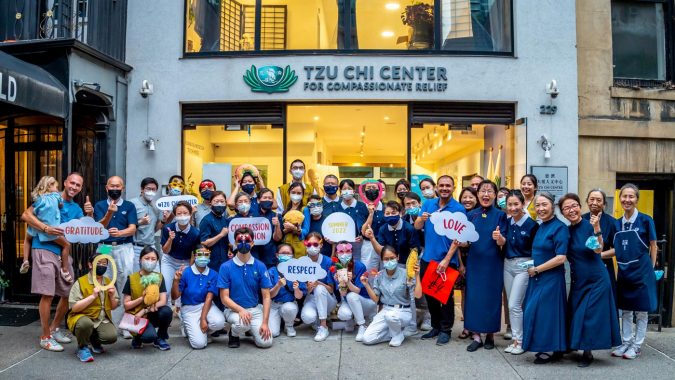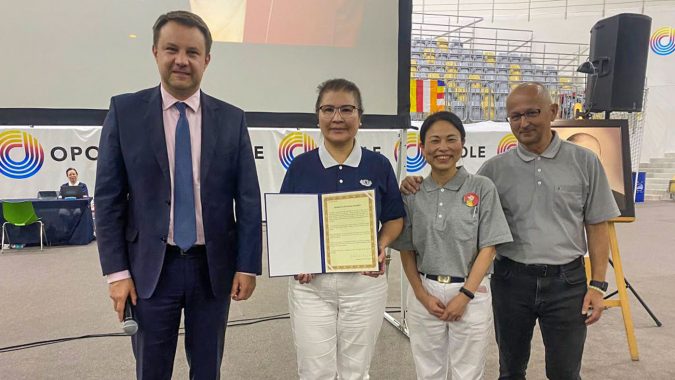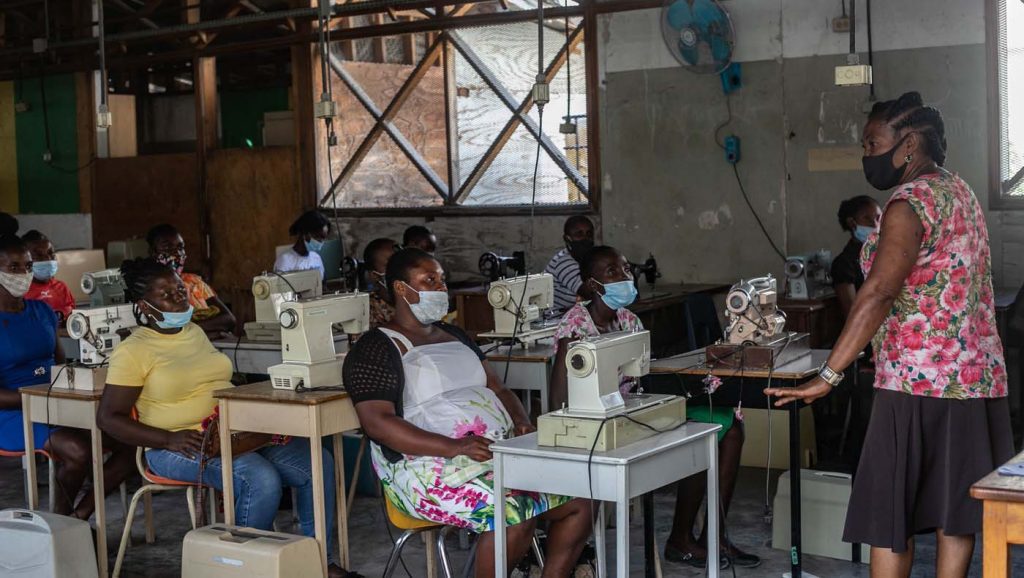
Written by Johnson Chang, James Chen, Grace Wong
Translated by Diana Chang
Edited by Ida Eva Zielinska
“Decide on a goal, invest willingly and joyfully, and you will grow,” was the message Veronique Supplice wanted to convey to her tailoring students. “If you don’t like sewing, then it’s useless. It’s just a waste of time. You can never make clothes well. But if you are interested, you will make beautiful clothes within a month or two,” she said, sharing her tips for learning to be a tailor and succeeding in the field.
Veronique was there to teach participants in a work-for-relief initiative, the Tailoring Vocational Training Program, launched by Tzu Chi Haiti volunteers to benefit impoverished families. The project was carried out by Father Zucchi Ange Olibrice, Executive Director of Oeuvre des Petites Écoles de Père Bohnen (OPEPB), a Salesians of Don Bosco in Haiti school, and three volunteers. Seventeen single mothers from high-poverty families in the community were the first trainees.
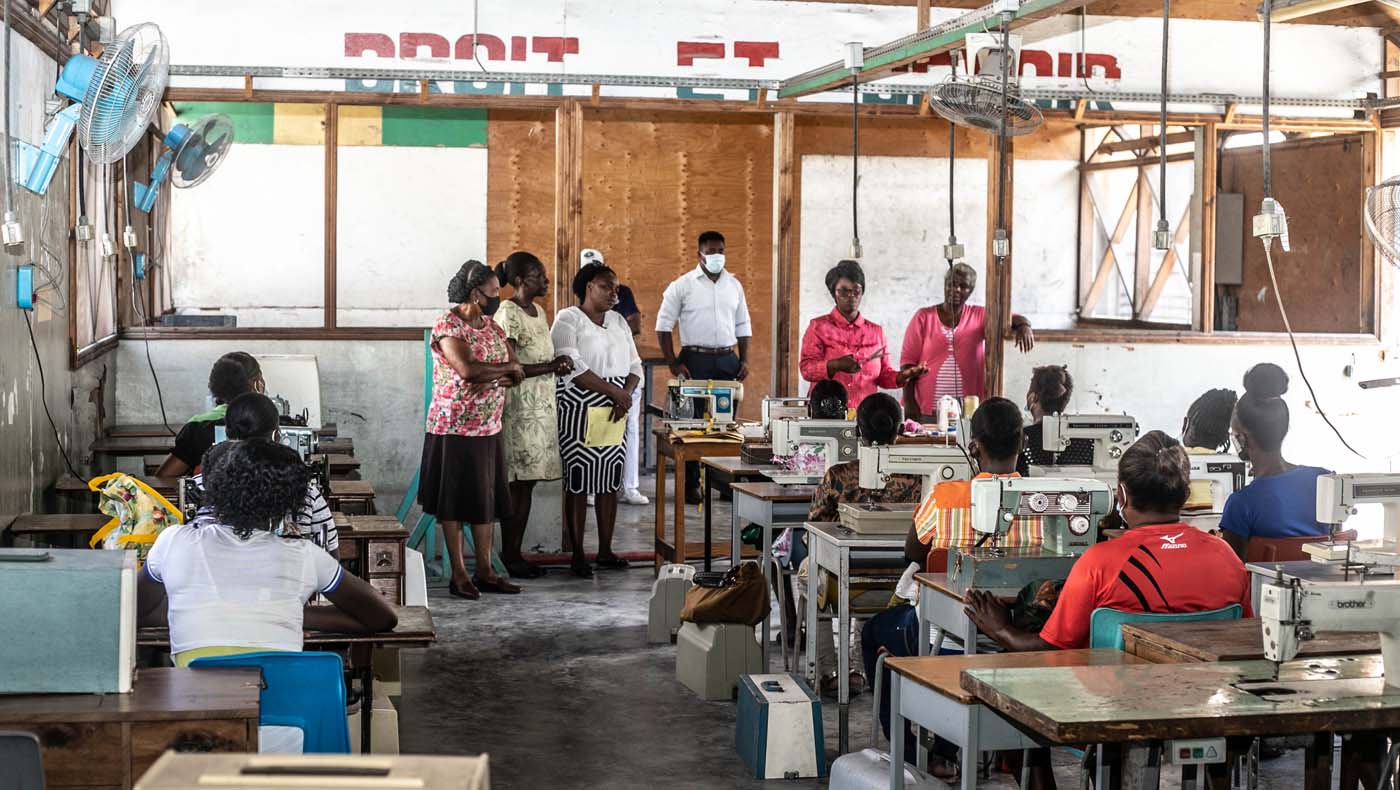
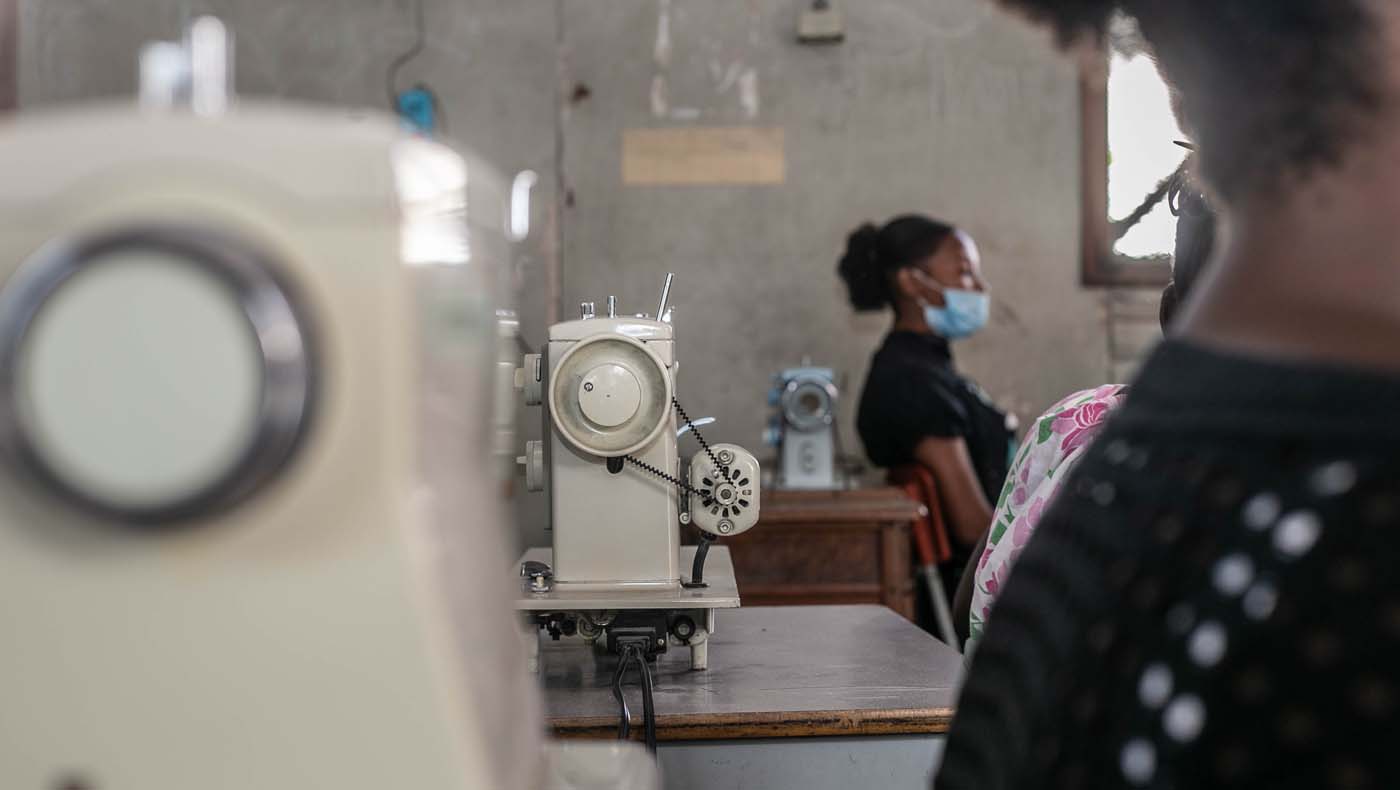
After several months of preparation, everyone in the classroom has a tailoring machine to learn in class with the teacher. Photo/Keziah Jean
“This program will last ten months. Within these ten months, we hope to train these 17 women who volunteer to be proficient in sewing and have a skill to make a living,” volunteer Jerry Esperance explained, his excitement beyond words.
The Tailoring Vocational Training Program’s first project, “Making Cloth Masks as Work-for-Relief,” was initially scheduled to start in early April but was postponed to mid-May due to public safety issues and fine-tuning of the plan. Now that the team had officially launched the Program, it could fulfill its goal of relieving suffering due to poverty, thus bringing joy to impoverished households.
These volunteers from high-poverty families were waiting for this project to begin. Because it’s a great opportunity for them not only to learn sewing but also to earn a living
Father Zucchi Ange Olibrice, OPEPB Executive Director Tzu Chi Volunteer
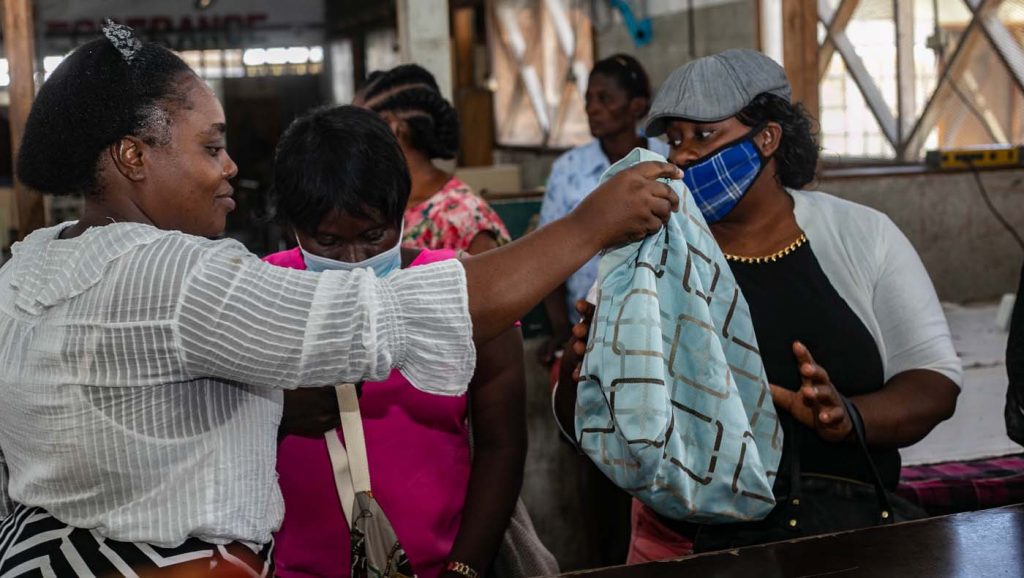
Women in Haiti often reside in poor, low-quality housing. Many single mothers and women subsist on low wages with little means of social and economic advancement. Some women are forced to live with their parents to make ends meet.
Even though the latest data from the World Bank in 2020 show that Haitian women account for 47.36% of the working population, women still have a low chance of obtaining permanent jobs.
Most engage in low-paying jobs that don’t require professional skills or high mobility and have an unstable income. This is especially true for single mothers, many of whom became pregnant as adolescents. Some are survivors of physical or sexual abuse due to gender-based violence.
I’m happy for my sisters! Most of them don’t have a stable life. With this program, they will have something to depend on.
Cheline, Tzu Chi volunteer
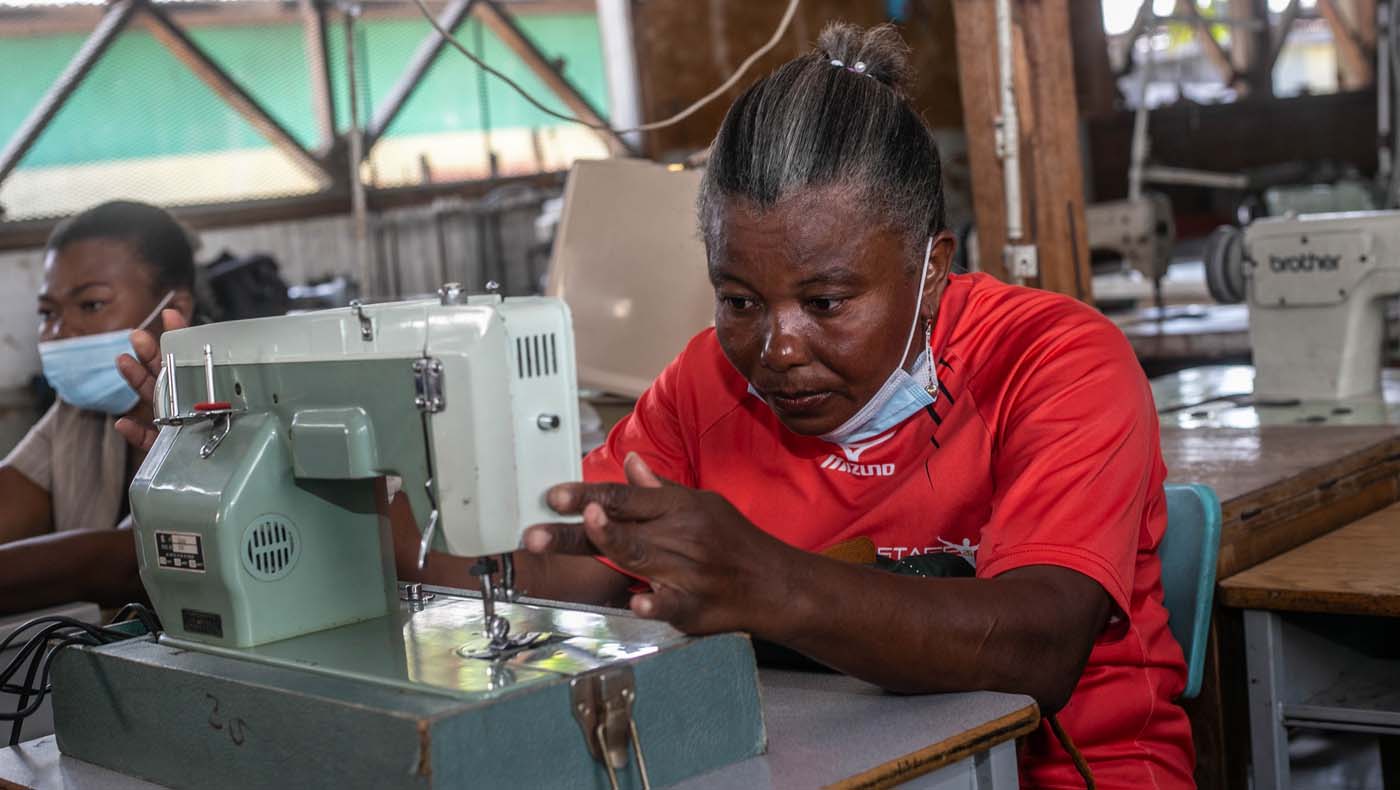
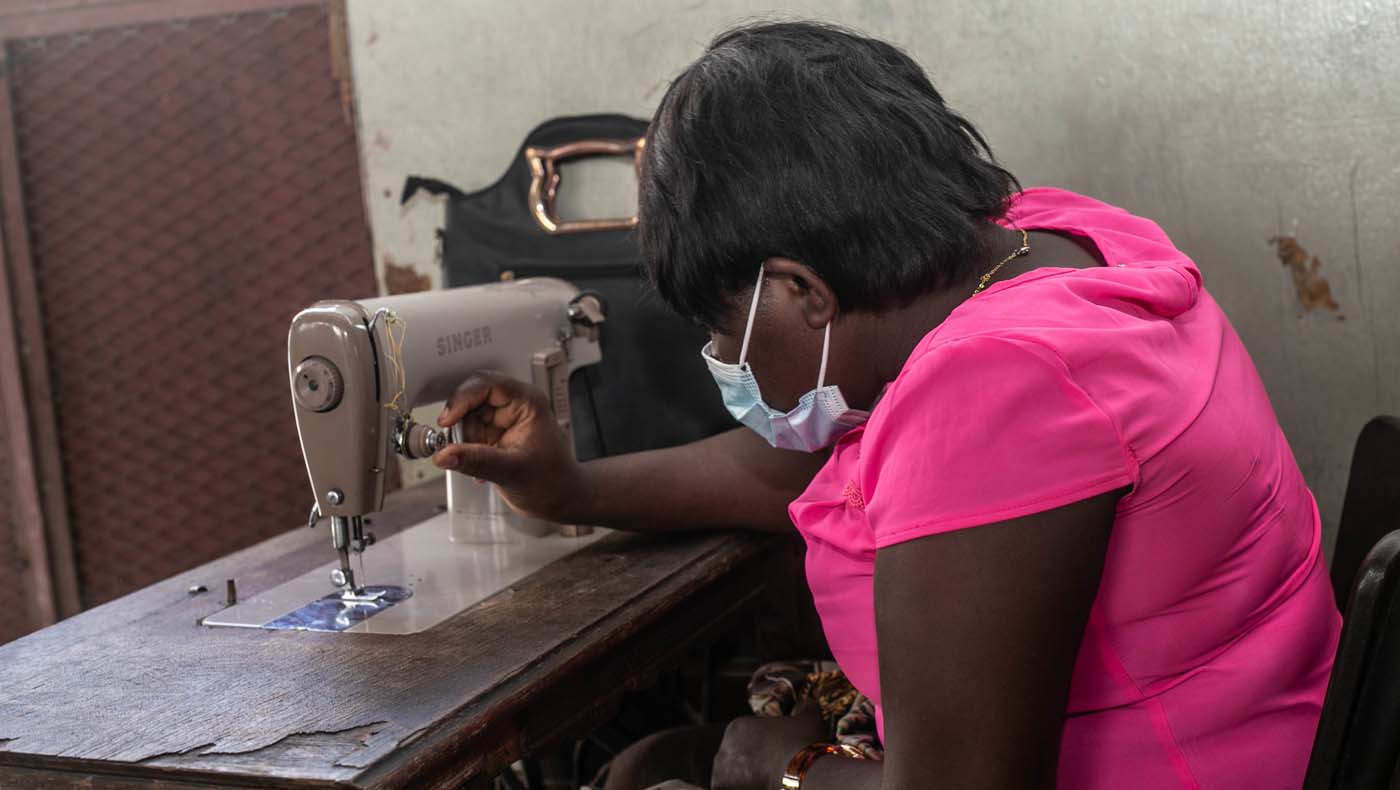
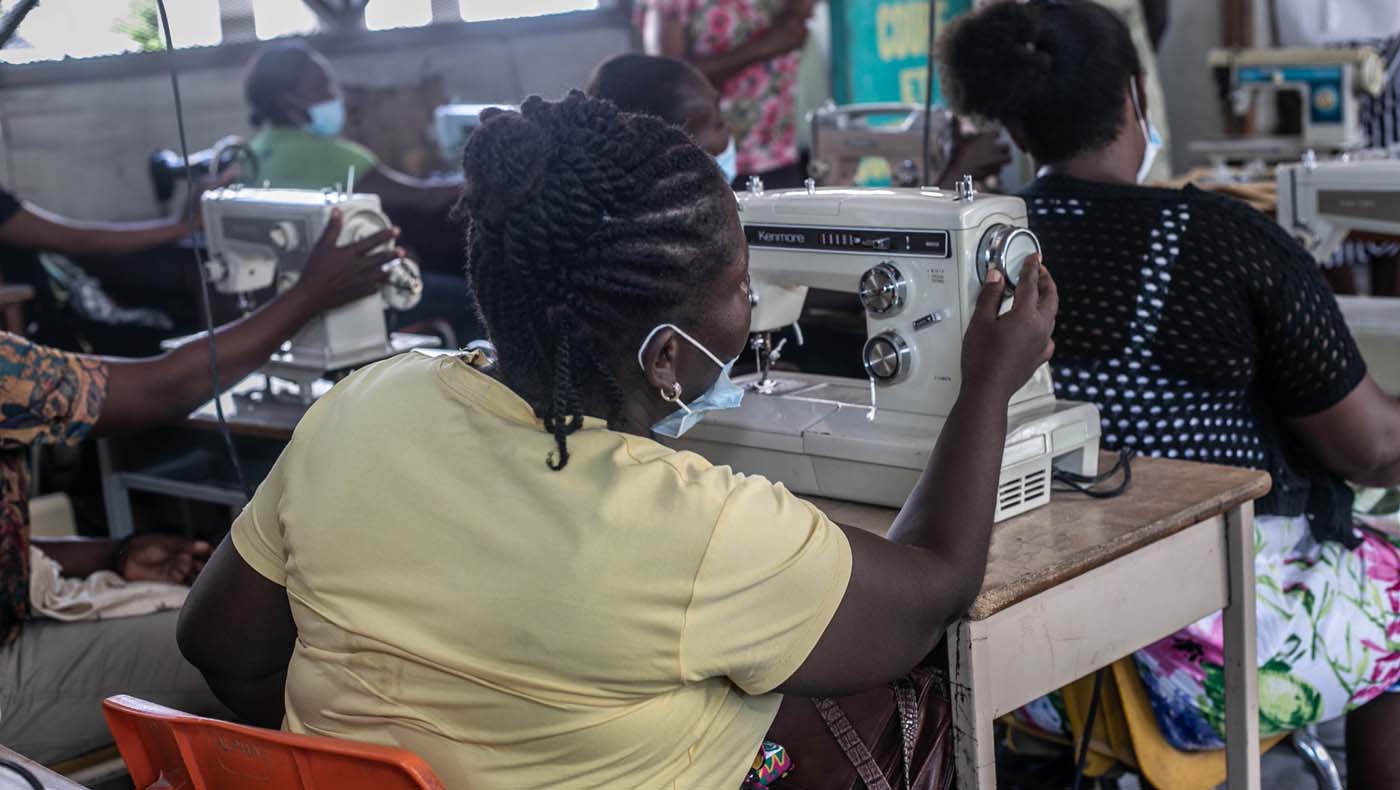
The trainees first understand the structure of the sewing machine. Many of them are seeing one for the first time. Photo/Keziah Jean
This program is offered free of charge and includes a living allowance. On the first day of class, all the sewing and tailoring instructors truly showed their dedication and patience towards their students.
Sewing teacher Molila Pierre stood at the front of the classroom, demonstrating how to use the sewing machine step by step, sewing one stitch at a time until the students got the rhythm. “I’m very happy to teach students of all ages. It’s an honor; no matter who it is, I have the confidence to teach them. First, I will teach them how to make masks,” she explained.
The instructors took turns in teaching the students. Veronique Supplice also dedicates her time and patience to instruct every student how to use the sewing machine in the classroom. She’s a demanding teacher with eagle eyes, “We’ll work hard to teach the students some simple tasks, and some challenging tasks to prove their sewing technique.”
Sewing and tailoring instructor Adcline Domercant highlighted proper concentration, sharing that “I love sewing. When you sew, you talk less and stay focused on your work.”
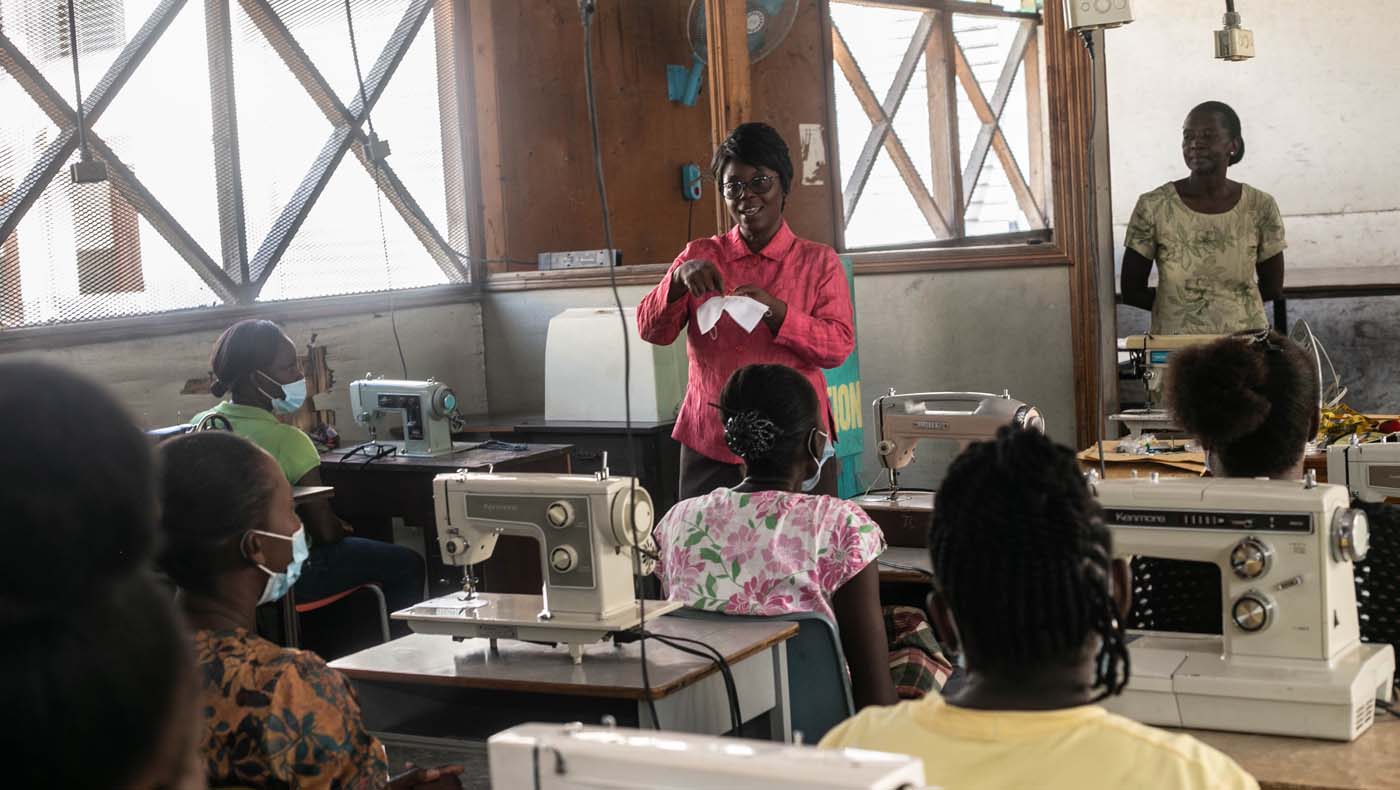
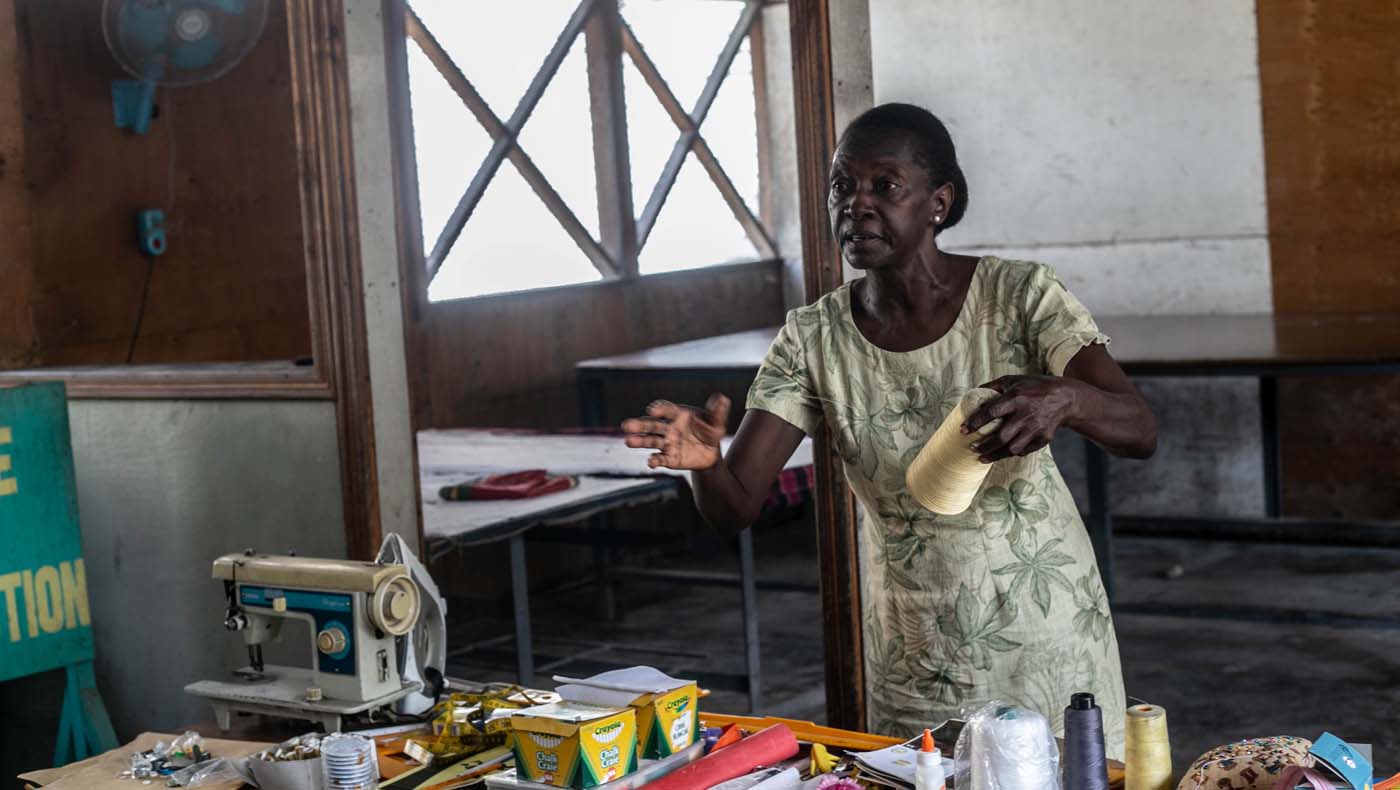
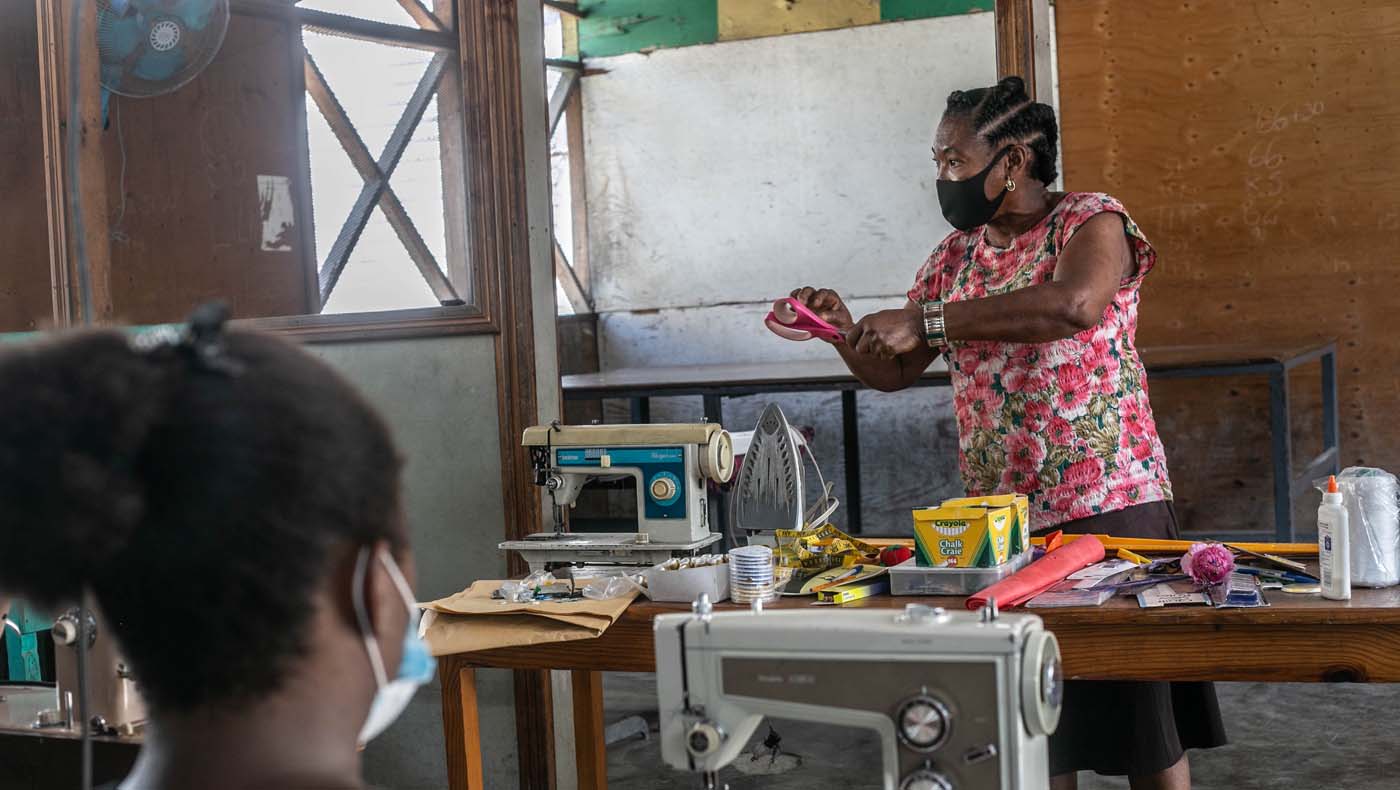
Adcline Domercant wants women and girls in Haiti to stop waiting for good things to happen. As the sewing machines and colored spools of thread began to rotate, these students had also spun into action. They took the first step, thread by thread, seam by seam, starting to stitch and sew a better future for themselves and their children.
One of the trainees, Esperance Aliancent, is pregnant and expecting her baby soon. The mother-to-be is attentive and planning ahead for herself and her family, taking advantage of this opportunity bravely.
Even when I’m pregnant now, I can’t stop learning. I can’t wait until my child is born. Otherwise, someone will take my place. Even if I feel uncomfortable, I’m still studying happily.
Esperance Aliancent Tailoring Vocational Training Program Participant
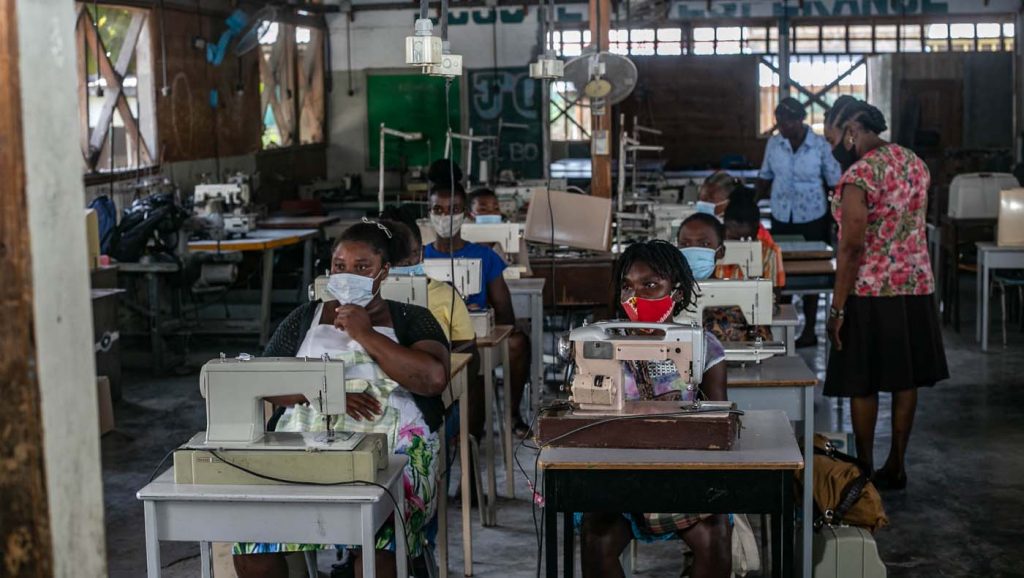
In addition to learning various tailoring skills in ten months, the training program also incorporates Dharma Master Cheng Yen’s Jing Si Aphorism teachings within the courses. The wisdom and ethical principles in these succinct teachings will support students on their professional path, helping to guide their outlook and future choices and behaviors.
And, after completing the training, these 17 women will have gained the skills to work for any garment factory, paving the way towards a brighter future they might have never imagined before this opportunity.
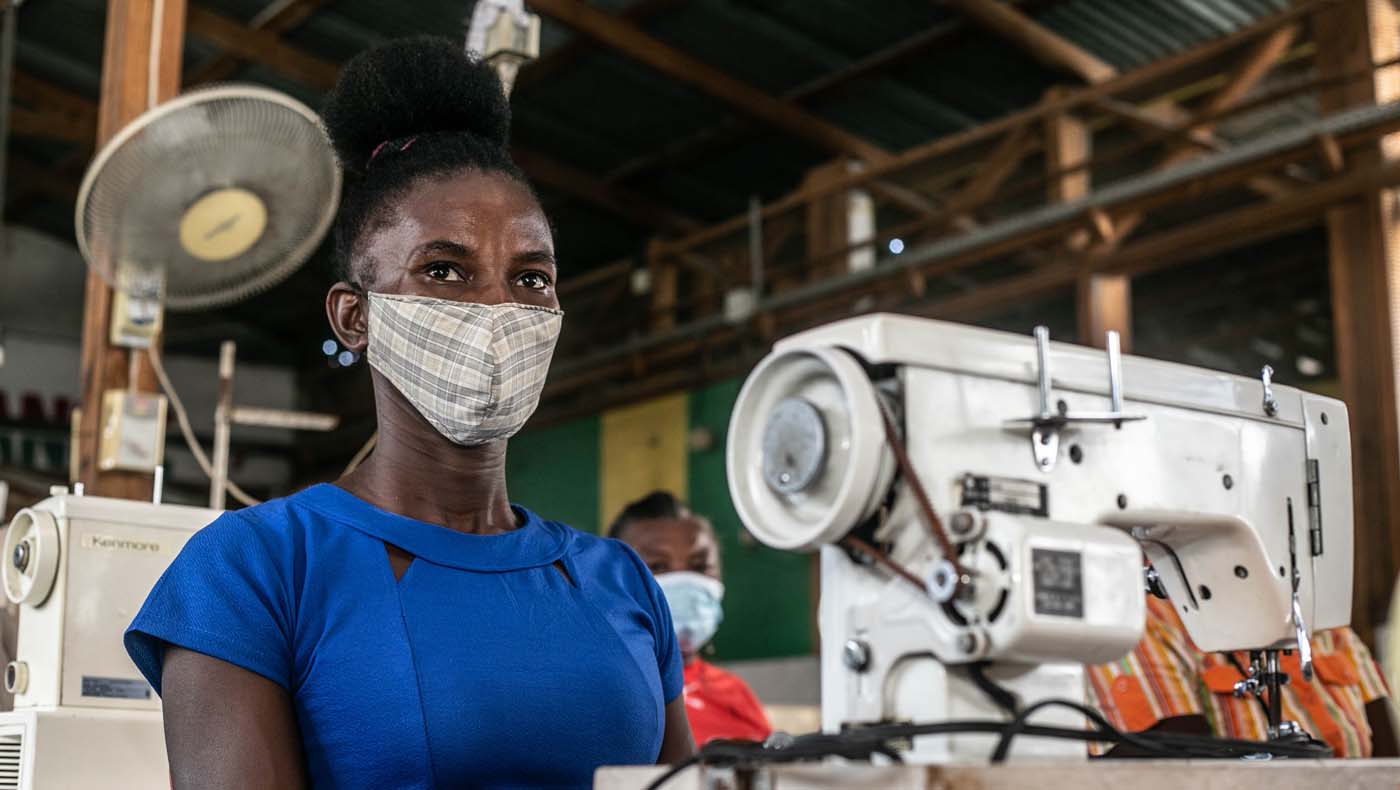
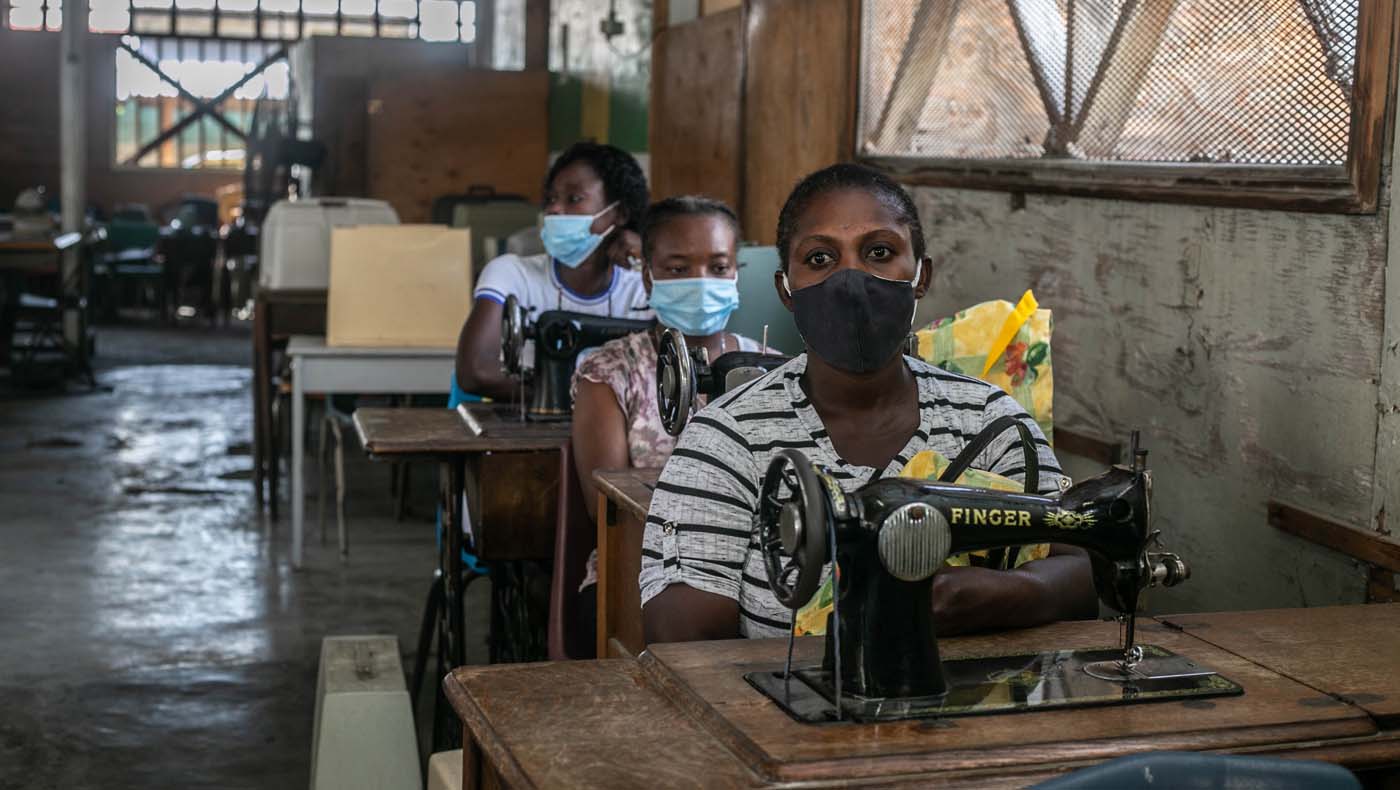
The women and girls from severely impoverished families attentively attend classes that can lead to a more hopeful future. Photo/Keziah Jean







